-
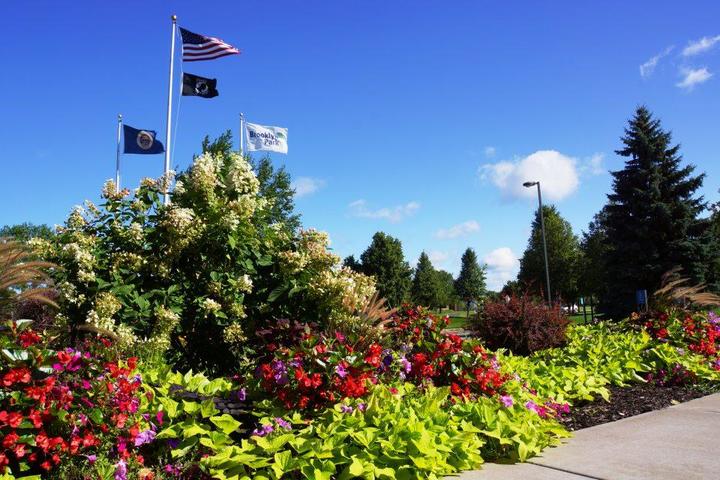
Introducing our 2016-2017 Partner: The City of Brooklyn Park
By Hannah Gary
As summer winds to an end, RCP is busy preparing for an exciting year with our 2016–2017 community partner, the City of Brooklyn Park!
-

Save the date for the RCP-Brooklyn Park kickoff
Curious about the exciting projects we have lined up this year? RCP invites you to join us for our Brooklyn Park partnership kickoff on Monday, September 19, 2016, from 5–7 pm. The kickoff will be an informal open house in the City Council Chambers at City Hall, 5200 85th Avenue N., Brooklyn Park, MN 55443. You’ll have the opportunity to learn about this year’s projects, talk with project leads, meet faculty and students working on projects, and ask questions.
-

Opportunity is knocking! Here’s your chance to be RCP’s next community partner.
The Resilient Communities Project (RCP) at the University of Minnesota (U of MN) is now accepting letters of intent from cities and counties that wish to apply to be RCP’s community partner for the 2017–2018 academic year (July 1, 2017 to June 30, 2018). The selection process is competitive, and the partner community must support the effort through dedicated staff time and a local financial contribution. You can find more details about the RCP application process here.
-

Spring semester RCP reports now available!
RCP students produced exciting new ideas and knowledge on a wide variety of topics this year, and their reports are now available to the public! Check out the reports to learn more about everything from stormwater reuse and renewable energy to barriers to affordable housing development and Latino community engagement. We hope you'll be able to apply the students' work to the challenges and opportunities in your own community.
-
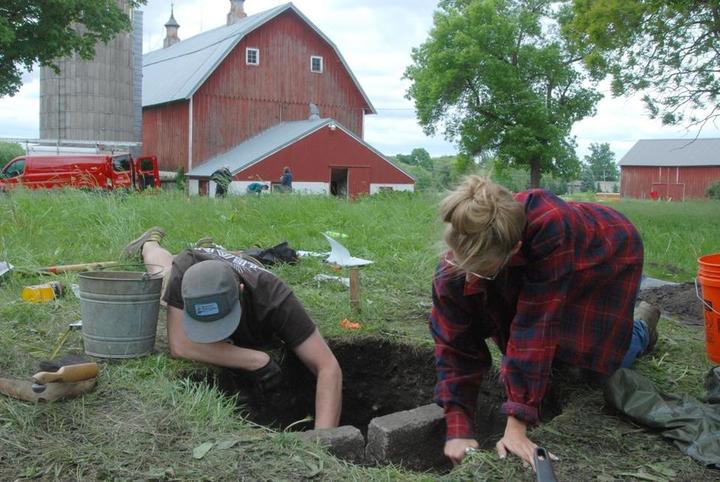
Chaska Herald: Secrets on the Farm
By Mark W. Olson, originally published in the Chaska Herald, June 16, 2016
At first glance, the life of renowned Carver County Swedish pioneer Andrew Peterson is an open book.
Peterson penned daily journals of his farm life. Historians have written about him. A famed Swedish novelist used his life story as fodder for a series of books.
-
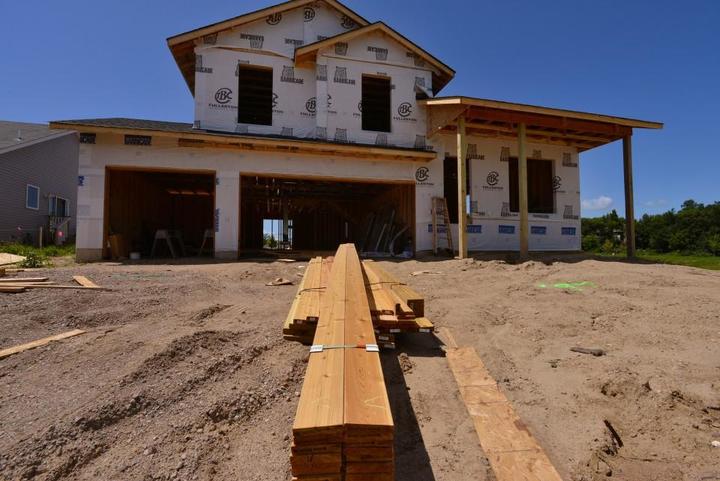
RCP Students Take on Housing Policy Challenges
By Maria Wardoku
Students tackled four different housing-related projects this spring through the Humphrey School of Public Affairs’ Housing Policy course, taught by nationally recognized housing expert Professor Ed Goetz. While the students learned about the fraught history of U.S. housing policy during class time, they worked with RCP on Carver County’s current challenges around housing outside of class.
-
Park Pages: Partnership with the University of Minnesota
Originally published in the Park Pages (City of Brooklyn Park newsletter), June/July 2016
-
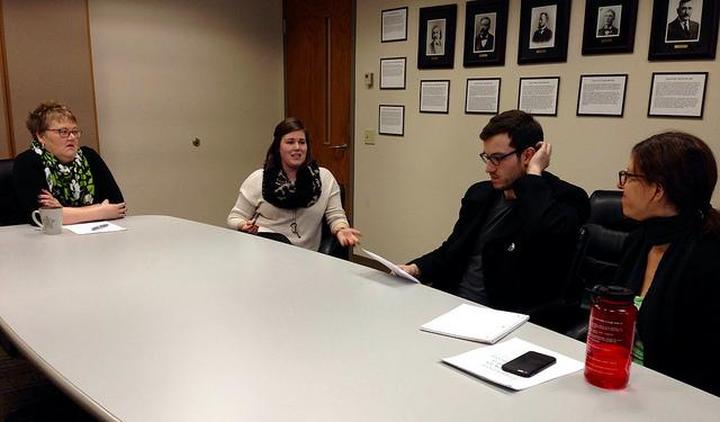
Building community resiliency through adult education and workforce preparedness
By Bridget Roby
-
U students present findings of Carver County project
Originally published by the Star Tribune on May 18, 2016
By Beatrice Dupuy
After spending the school year working with Carver County communities, a group of University of Minnesota students wrapped up its projects last week. More than 300 students participated in the Resilient Communities Project, and their 32 projects tackled subjects from augmented reality to mobile home communities.
-
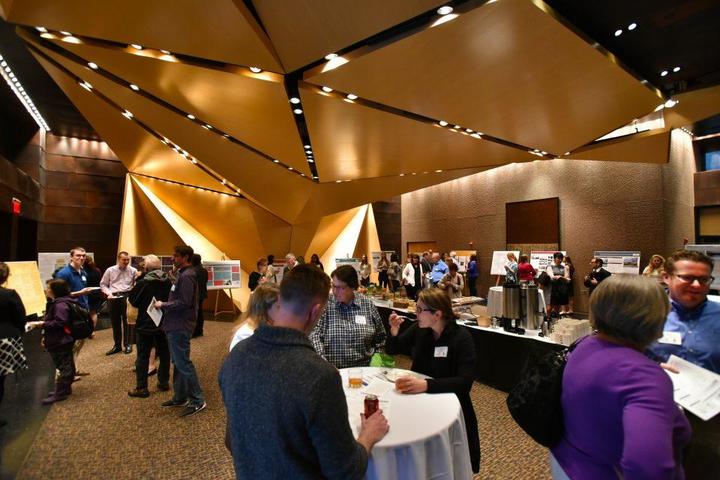
RCP honors outstanding participants at end-of-year celebration
By Maria Wardoku
At RCP’s End-of-Year Celebration on May 13, held at the McNamara Alumni Center on the University of Minnesota campus, students presented 22 posters representing roughly half of the projects that were part of this year’s partnership with Carver County. The posters showcased the broad range of high-quality work created through the partnership, which included 30 projects that were matched with 50 U of MN courses spanning 22 academic departments. Over the course of the academic year, more than 350 students took part in an RCP project.
-
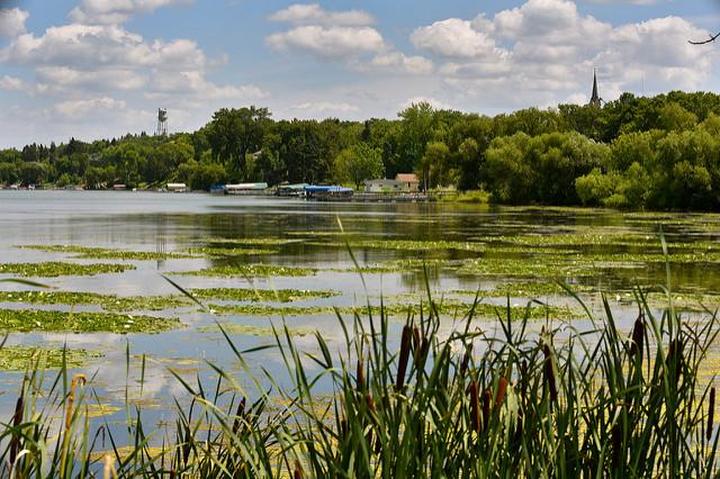
Water: An interdisciplinary approach to protecting an essential community resource
By Bridget Roby
As the issue of water quality has surfaced in national dialogue following the Flint, Mich. crisis, communities in Carver County, Minn. are in the midst of more than a half dozen collaborative projects aimed at improving the protection, management, and conservation of their own bodies of water. With more than 30 lakes, a rapidly growing population, and intensive agricultural activity within its borders, maintaining clean, sustainable water sources is no easy job.
-
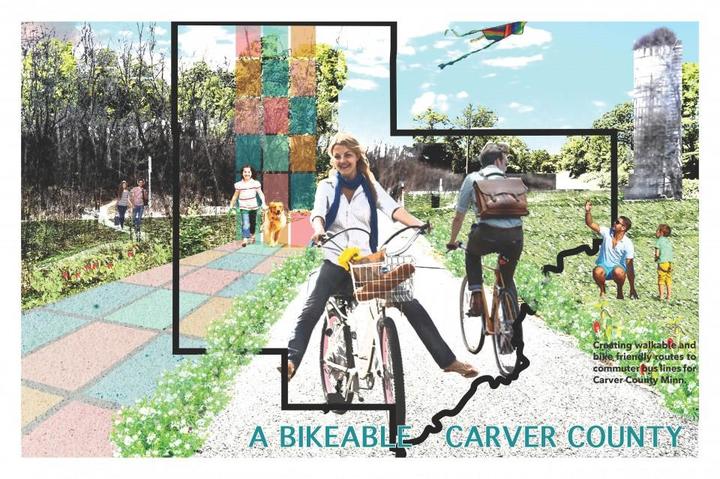
RCP Student Spotlight: Sarah Sularz Designs Bikeable Links to Southwest Transit Stations
By Maria Wardoku
RCP students bring a wealth of passion, experience, curiosity and talent to RCP projects—and perhaps no student exemplifies these qualities better than Sarah Sularz. Sularz, a native of Minneapolis, is graduating this May with a Masters in Landscape Architecture (MLA), and is contributing her considerable design talents to advancing biking and walking in Carver County through her capstone project.
-
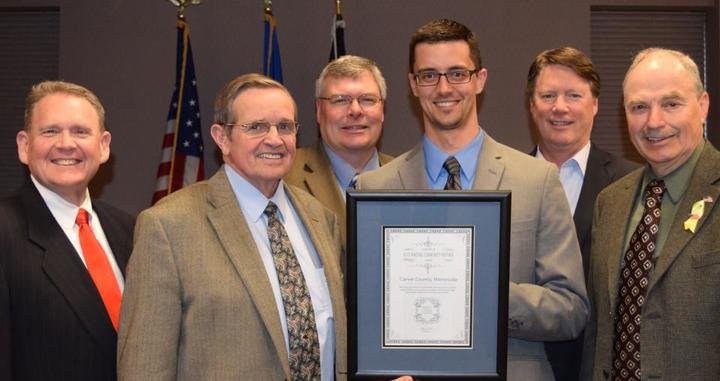
Carver County Wins Award for Partnership with RCP
RCP’s current community partner, Carver County, has received the 2016 Outstanding Community Partner Award from the Educational Partnership for Innovation in Communities (EPIC) Network.
-

IonE investments take on lives of their own
Originally published on the UMN's Institute on the Environment website on February 3, 2016 by Monique Dubos
By Monique Dubos
Children are the future, goes the familiar adage. Here at the Institute on the Environment, our projects are like our children. We invest in them with the expectation that their ideas and actions will change the world for the better.
-
Diverse partners, diverse projects: A new focus on public health
BY BRIDGET ROBY